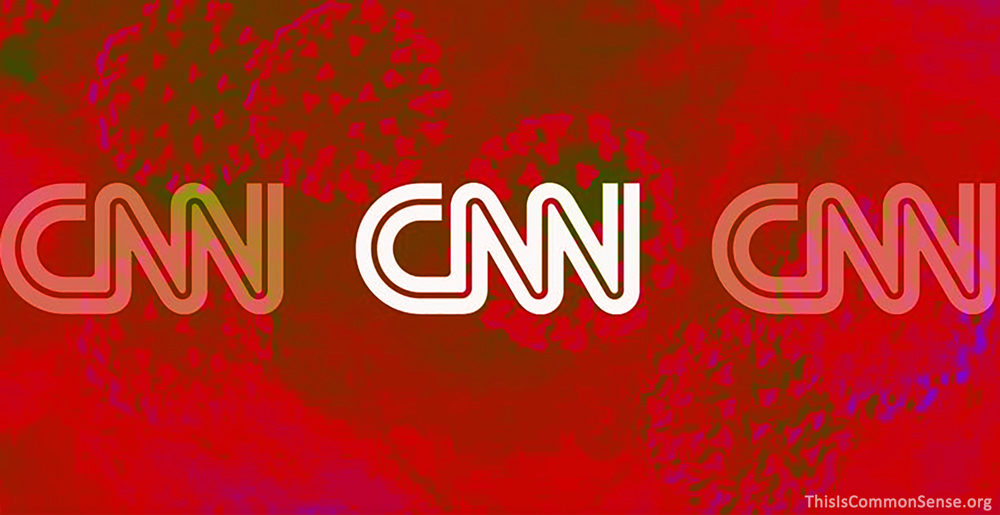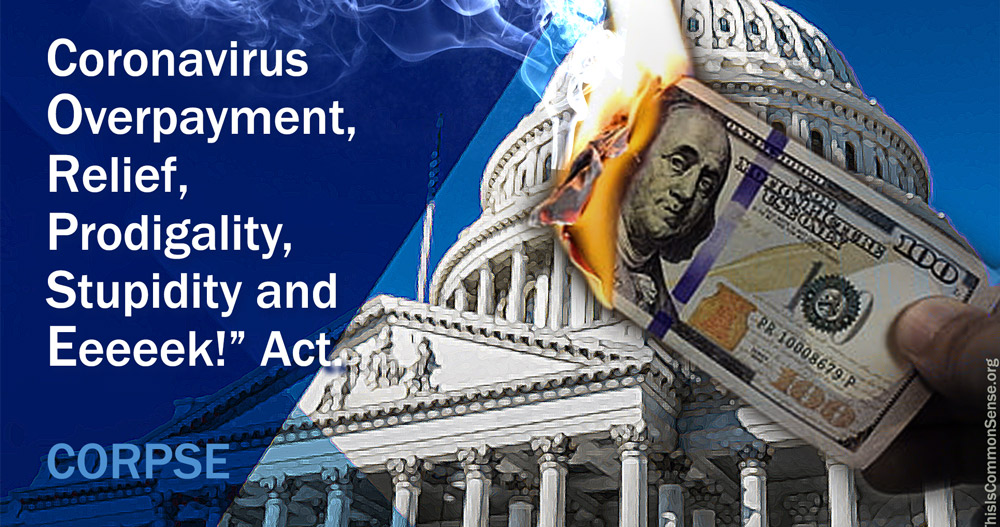“Barely one in 1,000 Britons has died from coronavirus,” states Tim Harford, in U.K.’s Daily Mail, “and yet the economy is in cardiac arrest, Government debt has run into hundreds of billions and many parents are terrified of sending their children to school.”
Trying to put the pandemic in context with actual numbers, to assess realistic risk, Harford goes on to argue that “given the current low risk of infection, combined with the low risk from the disease, a 30-year-old is far more at risk from riding a motorbike, going skiing or horse-riding — let alone sky-diving, rock-climbing or scuba-diving — than from the virus.”
He makes the startling claim that a trek outside, with possible SARS-CoV‑2 exposure, “is not much more serious than taking regular baths over a year.”
Harford makes many attempts not to minimize the danger, and assuage Brits’ past and present concerns, thus acknowledging that they weren’t exactly crazy, but in the end the situation is like this: “The prospect of bathtime tragedies has never shut the country down.”
People die of risky activities every day, and not just on slippery porcelain: we risk our lives on asphalt, staircases, and in the air. Yet we go on, plunging ahead.
Brave people, we?
Not now. The worldwide government response has been, with a few notable exceptions — Sweden and South Dakota, to name the two most famous for bucking panic and lockdowns and mask-wearing mandates — a pitch to people’s fears.
Maybe in Britain thought leaders and statesmen have praised valor and fortitude as well as caution and individual responsibility. But in America, calls to courage have been few and far between.
Hey: I just noticed something, “panic” is contained within the word “pandemic”!
This is Common Sense. I’m Paul Jacob.
—
See all recent commentary
(simplified and organized)





